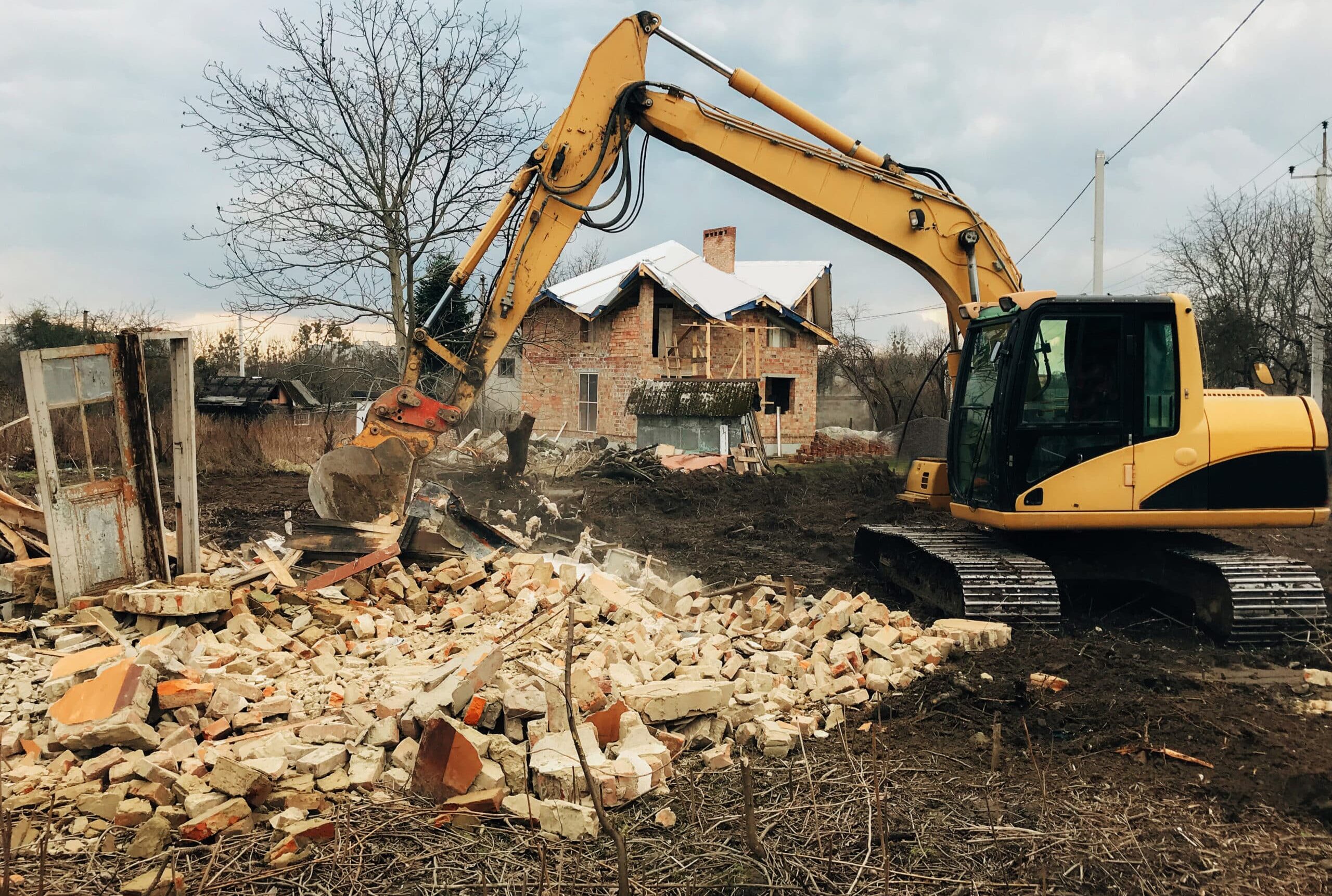The landscape of eminent domain law in North Carolina saw changes both big and small in 2016. The NC Supreme Court affirmed the Court of Appeals’ decision in the Kirby case, marking a monumental shift towards protecting property owners’ rights. As a response, the North Carolina legislature tried their best to contain the damage and limit compensation to those affected landowners. The repercussions of these changes will ripple in the State for years to come.
In the 2015 ruling in N.C. Dept. of Transportation v. Kirby, the NC Court of Appeals held that under the Map Act, the State used the power of eminent domain to acquire properties that were shown on certain recorded maps. These maps depicted protected corridors where the NCDOT planned to build roads in the future (such as the 540 Outer Loop in Wake County, or the Greensboro Urban Loop); properties within the corridors were subjected to building restrictions and were very difficult to sell. The Court remanded the case to the lower court to determine the damages in each individual case. This decision meant that thousands of landowners in North Carolina who owned property within a corridor would have an avenue to seek compensation from the State for damaging their property.
The NCDOT appealed and the NC Supreme Court granted discretionary review. Oral arguments were heard in February of 2016 and on June 30th, 2016 the Supreme Court handed down their ruling in the Kirby case, upholding the Court of Appeals’ decision.
Immediately after Kirby was affirmed, the General Assembly took action. Language was added to a bill that had passed the Senate and the House which (1) rescinded all maps adopted under the Map Act; (2) put a one-year moratorium on recording new maps; and (3) changed the interest rate on judgments from 8 % to prime (currently around 3.5 %), with a lifetime cap of 8 %. The bill with this new language was passed quickly by the House and Senate and signed by then-Governor Pat McCrory on July 11, 2016.
While the General Assembly limited the compensation paid to property owners by drastically lowering the interest rate, they were unsurprisingly not willing to pass a bill that would defray the fees and costs a landowner must pay out of pocket in condemnation cases and would require the NCDOT to pay interest on a condemnation judgment from the date of take until the judgment was actually paid.
What does 2017 hold for us? It’s difficult to tell. The new administration in Washington promises vast spending on infrastructure. A controversial natural gas pipeline in western/central North Carolina is expected to relieve federal approval soon. Dozens of Kirby cases are making their way through the lower courts. Whatever developments in eminent domain and condemnation come our way, the attorneys at Hansen, Howell & Wilkie, PLLC will be here to guide you through and to protect your rights.





